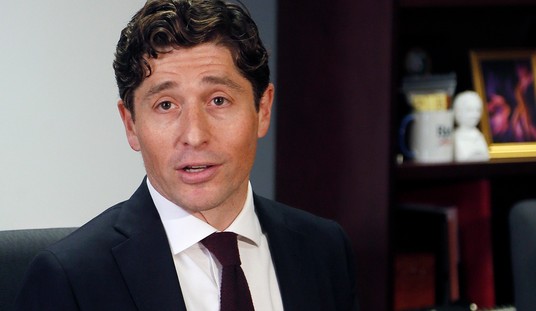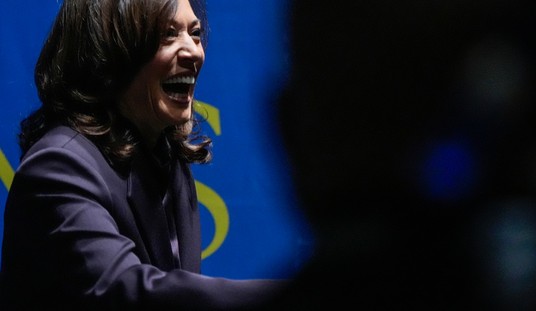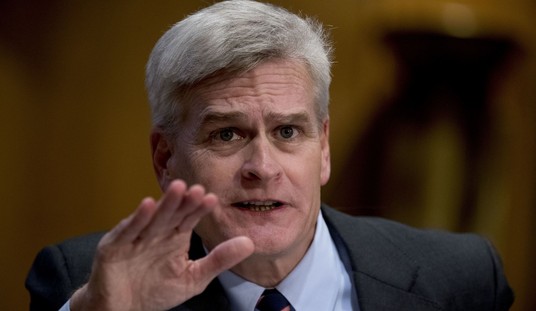Yesterday I mentioned Jonah Goldberg’s essay about his angst over conservatives of his acquaintance ’embracing’ Trump. In retrospect, it seems as though he pointed towards a guy from Breitbart because otherwise he might be hitting close to home.
One of the BIG IDEAS floated by self-proclaimed conservative theorists for winning in 2016 was the Reform Conservative or “Reformocon” agenda. As if compassionate conservatism didn’t do enough damage in 2000 and 2004. (If you want to understand what this movement is supposed to be, read this. As best as I can describe it, it is big government solutions to enable small government outcomes.) National Review writers are profusely represented in the group.
Josh Barro, of the New York Times, half-serious and half-trolling asks the question Is Trump the Candidate Reform Conservatives Are Seeking?
It’s an awkward thing: The reform conservative movement, to the extent it exists, is pointy-headed, technocratic and soft-spoken. Mr. Trump is none of those things. But his campaign has helped bolster a key argument from the reformocons: that many Republican voters are not devotees of supply-side economics and are more interested in the right kind of government than in a simply smaller one.
“There were a lot of people who wanted to think the Tea Party is a straightforward libertarian movement,” said Reihan Salam, the executive editor of National Review. But he said Mr. Trump’s ability to lead the polls while attacking Republicans for wanting to cut entitlement programs showed that conservative voters are open to “government programs that help the right people.”
Mr. Frum attributes most Republican candidates’ continued devotion to cuts in taxes and entitlements to the desires of a Republican donor class that benefits directly from lower tax rates and indirectly, through lower labor costs, from high immigration. Mr. Trump, as Mr. Trump will happily tell you, does not need rich donors’ money, and the polls show that Republican voters have not yet punished him for his praise of single-payer health care (in other countries) or his past support for a wealth tax.
“Trump served notice that the donors’ platform isn’t even acceptable inside the party,” Mr. Frum said.
While Frum, and some other Reformocons, unconvincingly try to differentiate their views from those espoused by Trump, National Review’s Reihan Salam is much more circumspect. He answers Barro somewhat obliquely in If Donald Trump Is George Wallace, Who Will Be Richard Nixon? (and the George Wallace reference is to the populist anger Wallace uncorked in 1968, so the “Trump is racist” folks should just move on)
How might conservatives in 2016 learn from 1968? According to Fred Bauer, Trump is best understood as a savvy political entrepreneur who is taking advantage of a cleavage between the GOP’s donor base and many of its rank-and file voters. While affluent Republicans are more inclined to believe that an agenda built around “more guest workers, further cuts on capital-gains taxes, a vague celebration of the values of entrepreneurship (say, by trumpeting Uber), a gradual increase in the Social Security retirement age, Medicare reform, an abandonment of social issues, anti-Obamacare rhetoric, and hawkish talk about international affairs” will be enough to win a majority, this agenda is not at all attractive to grassroots Republicans and the working-class swing voters who stayed home in large numbers in 2012. With this in mind, Trump is offering a more assertive nationalism, a hard-edged opposition to immigration, and a defense of social insurance programs that benefit older Americans. This brand of populism might appeal to a broad swathe of older conservative voters. But it also alienates swing voters who might embrace a more inclusive blend of conservatism and populism.
In an ideal world, the rise of Trump would force elite conservatives to recognize that voters, including GOP voters, care more about wage stagnation than about high-end tax cuts, and that the GOP base is not reflexively opposed to the safety net, provided it encourages those who can work to do so, and that it provides a decent minimum for those who cannot. As Ramesh has argued in this space, a conservative agenda that recognizes these realities, and that speaks to the economic fears and aspirations of working- and middle-class voters, would attract the support of far more voters than a politics of anger. Without belaboring the point, I believe that there are more black, Hispanic, and Asian voters who are open to voting for a more populist GOP than is commonly understood. Conservative populism is the way to appeal to these voters and the voters who’ve been most energized by Trump.
Salam appears to be saying ‘yes’, Donald Trump is a Reformocon. If the recent polling is to be believed, then Salam is also right that Trump’s message resonates with voters who are ordinarily turned off by Republican politicians. What it seems to be indicating is that National Review has come to the conclusion that Donald Trump is here for the foreseeable future and they need to come to grips with his candidacy if they are to remain relevant.













Join the conversation as a VIP Member